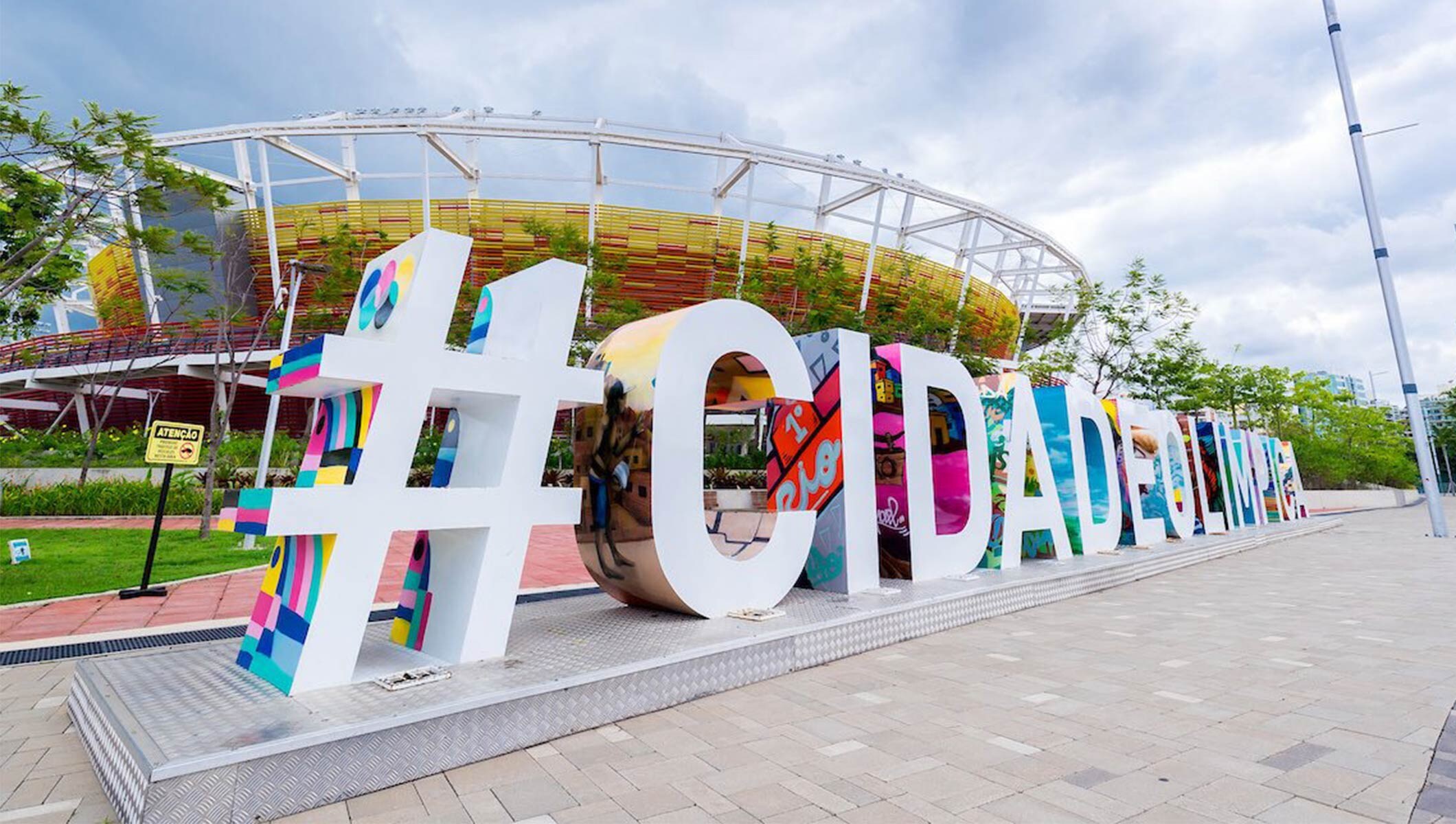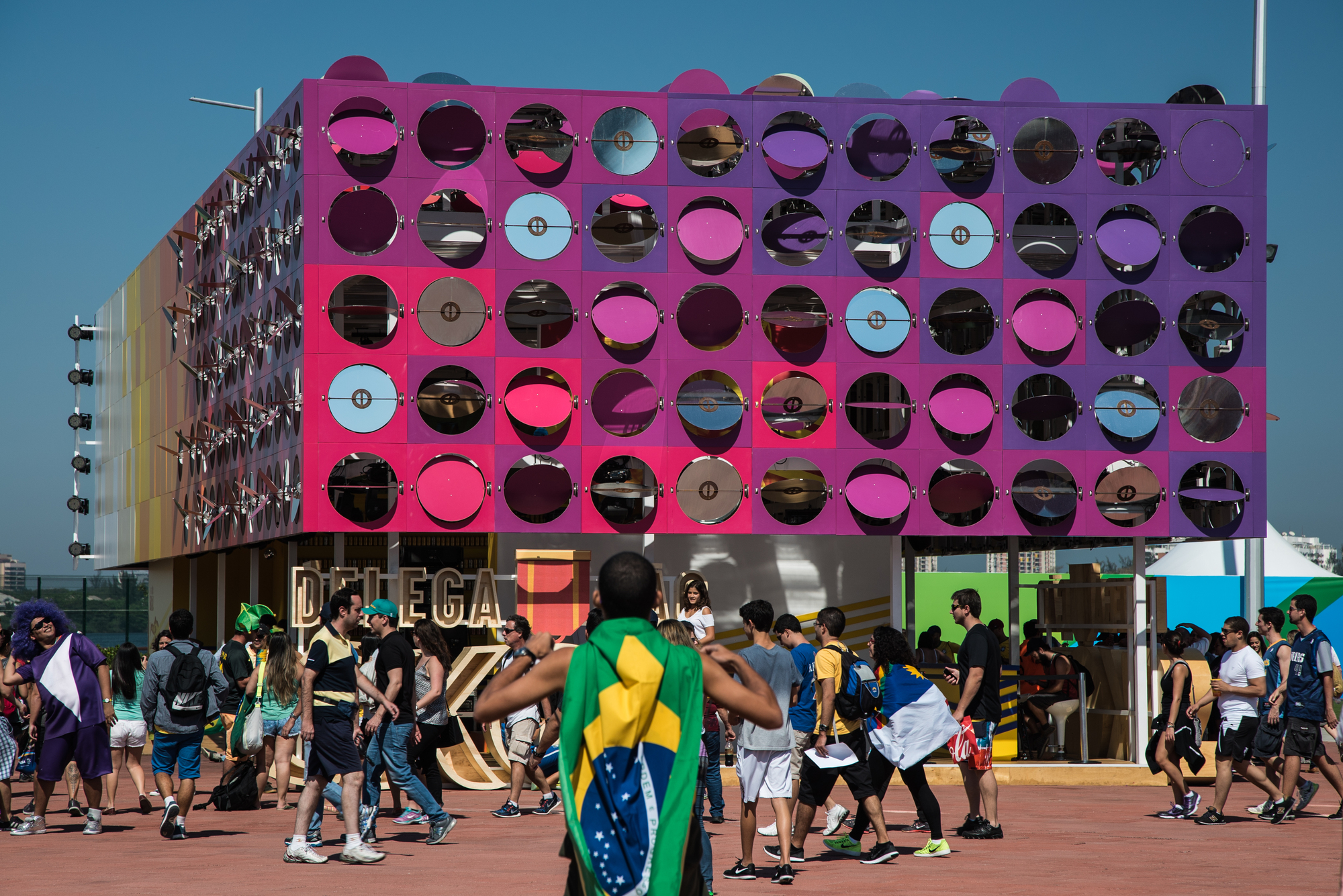By Carlos A. Moreno, EFE
RIO DE JANEIRO, BRAZIL – Organizing the 2016 Olympic Games allowed Rio de Janeiro to reverse the trend of decline in its social indicators and improve the income of its population, according to a recently launched book, whose authors believe it is risky for another Latin American city to try to emulate the Brazilian city.
“The research we did establishes that in the period of preparation for the Olympic Games there was a favorable reversal in most social and economic indicators, compared to the previous period when Rio de Janeiro suffered a marked decline,” said in an interview with Efe Marcelo Neri, an economist at the Getulio Vargas Foundation (FGV) and organizer of the publication.

Even though five years later, the Rio Olympic event, which cost R$40 billion (about US$8 billion), is still being criticized for the diversion of resources, the abandonment of certain facilities, and the white elephants it left behind, the legacy was not entirely negative, the publication concludes.
“The local impacts of the experience need to be better understood,” said Neri, one of the 13 authors of the book “Evaluating the Local Impacts of the Rio Olympics,” launched this month by FGV to coincide with the start of the Tokyo Olympics.
Despite negative aspects such as mobility and sanitation, still deficient despite investments in the subway, buses in exclusive lanes, and the decontamination of Guanabara Bay, the event generated improvements in areas such as employment, income, and the fight against poverty, said the director of FGV’s Center for Social Studies.
RECESSION, OIL CRISIS, AND CORRUPTION PRECEDED RIO 2016
The economist recalled that Rio had to organize the event in the midst of huge economic challenges and persistent inequalities, as Brazil experienced in 2015 and 2016 the biggest recession in its history, which triggered unemployment and plunges in people’s income.
In addition, falling oil prices, one of the most important sectors for Rio’s economy because of nearby offshore production fields, further aggravated conditions and forced the state governor to declare bankruptcy and suspend payments just weeks before the Olympic Games.
Rio was also hit before the event by several corruption scandals, including allegations of diversion of resources for the works of the 2014 World Cup and the 2016 Olympics, which now have two governors of the time still in prison.
“Unlike all previous Olympic events, Brazil faced the biggest economic recession in its history during the preparation. If for Seoul (1988) and Beijing (2008), the experience allowed them to present their economies to the world, and for London (2012) and Sydney (2000) to confirm themselves as powers, for Rio it served as an anti-cyclical policy,” asserts the economist.
18 OUT OF 24 INDICATORS ANALYZED IMPROVED WITH THE GAMES
Between 1992 and 2008, almost all of the 24 social and economic indicators analyzed suffered a deterioration, which was reversed between 2009 and 2016. Following the announcement of Rio as Olympic host, 18 indicators, including access to housing, education, use of technology, income, and garbage collection, improved significantly.

Between 2008 and 2016, the income of the poorest 5% of Rio’s population jumped by 29.3% and that of the richest 5% by 19.96%, allowing the misery index to fall from 5.71% to 2.09% of the population.
While the per capita income of Rio’s families jumped by 30.3 % between 2008 and 2016, that of Brazil in general only rose by 19.6 %, which made the Olympic city register an inclusive growth in the period and the rest of the country a social deterioration.
According to Neri, the improvements justified the International Olympic Committee’s decision to award the Games to Rio, against the bids of Chicago, Madrid, and Tokyo, arguing that it was not so much the existing infrastructure that mattered but the potential that the event would mean for a city in a developing country.
This does not mean that the experience can be repeated in other Latin American cities with the same results, says Neri.
The economist explained that the preparation period coincided with the spread of social networks and large protests in Brazil, with the population on the streets demanding an immediate response to their demands and without taking into account the long-term legacy.
“The protests recorded in 2013 in Brazil occurred later in other countries, such as Chile, Colombia, and Peru. Any initiative to hold mega-events today in the region is much riskier,” said Neri, referring to the risks that the rejection of the use of public resources in the event will generate protests and the risk that the desired legacy will not be achieved.
“The two risks matter because they interact with each other. There is a physical legacy, that of objective achievements, which are sports infrastructures and education, employment, tourism… In the case of Rio, the objective achievements did not go hand in hand with the subjective ones,” he said.
And currently, he added, “quite successful countries in the continent in economic terms, such as Chile and Colombia, are experiencing a crisis similar to the one that occurred in Brazil in 2013.”
Source: efe

